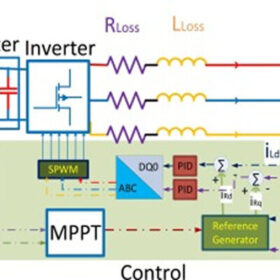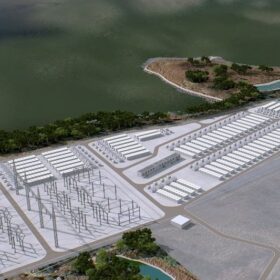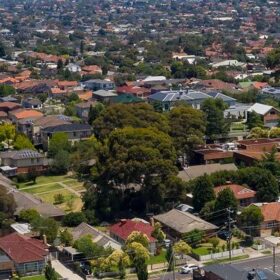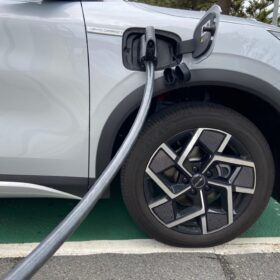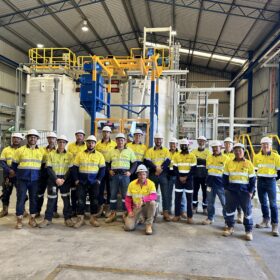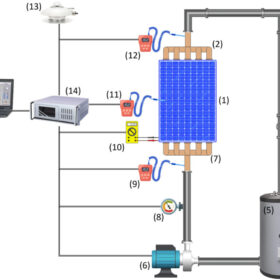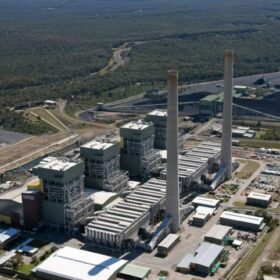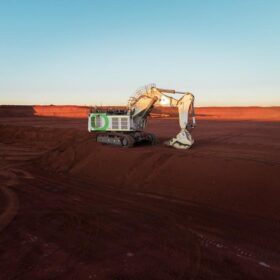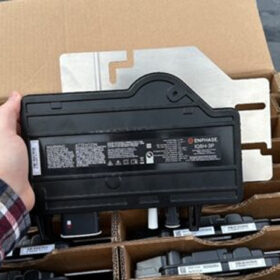Master-slave technique for deploying parallel inverters in PV systems
Scientists in Czechia have proposed to use parallel inverters in PV systems to not only reduce instability, but also to increase power yield. The proposed approach reportedly results in higher maximum power point tracking (MPPT) performance.
AGL presses go on Australia’s largest grid-forming battery
Australia’s largest battery with grid-forming inverter capabilities is set to go ahead with energy major AGL announcing a final investment decision on a 500 MW, two-hour duration battery being developed in the New South Wales Hunter Valley.
Intellihub trial aims to free up more than 510 MW of flexible demand
Smart metering services provider Intellihub is seeking to develop digital infrastructure that will enable the orchestration of more than 150,000 otherwise scattered consumer energy generation and storage devices, helping to create more than 510 MW of flexible energy demand.
PEP invests $250 million in electric vehicle charging
Electric vehicle charging in Australia and New Zealand has been given a boost with fund manager Pacific Equity Partners acquiring a majority stake in Australian electric vehicle charging solutions provider EVSE to the tune of $250 million (USD 167 million). The partnership also involves PEP-backed smart metering specialist Intellihub.
Solar bike paths go online in Netherlands
Two new PV bike-path projects are now operating in the Netherlands under an initiative launched in 2018 by Rijkswaterstaat, the Dutch water management agency.
AVL progresses ‘pit to battery’ strategy with vanadium electrolyte manufacturing facility
Construction of Perth-based minerals company Australian Vanadium Limited’s first commercial vanadium battery electrolyte manufacturing plant has been successfully completed as part of the company’s broader value-adding vision.
Waste heat from PV panels used to generate residential hot water
Scientists in the United States has developed a new photovoltaic-thermal system design that utilises parallel water pipes as a cooling system to reduce the operating temperature of photovoltaic panels. The waste heat generated by this process is then used to generate domestic hot water.
Energy ministers move to ensure orderly phase-out of coal
The New South Wales government has released the design of a proposed new plan that would give Australia’s energy ministers the power to direct coal-fired and other generators to continue operations if the capacity is deemed necessary to maintain grid reliability and security.
Fortescue plugs in electric excavator as lineup of zero emission mining equipment expands
Australia’s first electric excavator has been deployed at a mine site in Western Australia’s Pilbara while a trial of what is claimed to be the world’s largest battery-electric underground mining truck continues in the state’s Goldfields region.
Enphase unveils new three-phase inverters
Enphase has released 208 V three-phase inverters for the small commercial market. The advancing hardware comes with a specialised support team and tailored design tools.
